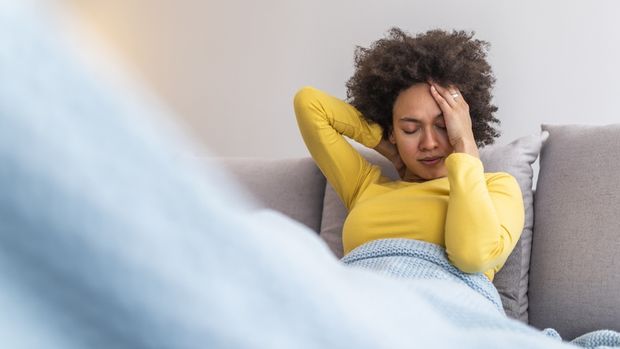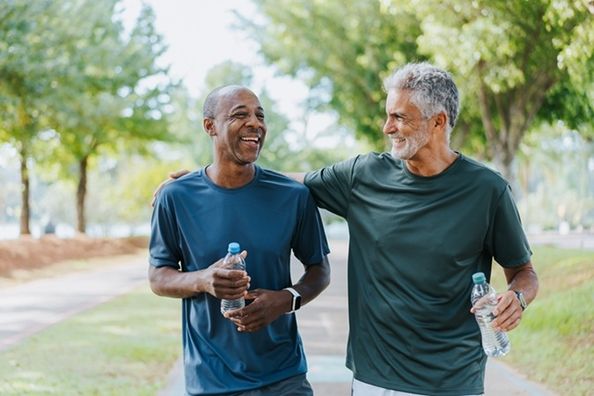If you or someone you know has been experiencing increased distress in the past nine months, you are not alone. According to the CDC, approximately 30% of respondents surveyed at the end of June reported symptoms of anxiety and/or depression (Czeisler et al., 2020). As we continue to adjust and learn to manage the challenges of 2020, it is important that we start with this premise: Experiencing anxiety during a time of ongoing change and stress is often a reasonable response. Anxiety is not the enemy. Experiencing unpleasant emotions is not a sign that we are doing something wrong. Emotions are data, communicating important information about how our environment is affecting us. Try to acknowledge and make space for that emotion and listen to what that data is telling you. This will help determine what, if any, strategies may help keep that emotion at a more manageable level.
In addition to general anxiety, some may be experiencing anxiety that is focused specifically on illness or the fear of illness. Health anxiety of this type may arise or be exacerbated by the current circumstances of a global pandemic. How do we know when our health-related anxiety has become a problem? It may be helpful to distinguish between helpful and unhelpful health anxiety. “Helpful” health anxiety will 1) alert you to possible danger, and 2) cause you to think about the situation until you have identified possible solutions. If we find ourselves continuing to focus on the issue repeatedly (rumination) without identifying any solutions, our health anxiety may have moved into the “unhelpful” zone.
There are several types of strategies that we can utilize to help manage this type of anxiety:
1. Seek out accurate information from reputable sources such as CDC, NIH, Johns Hopkins. Try to limit Google searches once you have obtained a reasonable amount of information.
2. Take appropriate steps to feel safe based on these guidelines: social distance, wear a mask and wash your hands.
3. Objectively evaluate your circumstances: Am I unsafe or just uncomfortable in this moment?
4. Engage in intentional acts of relaxation to decrease physical and emotional stress: diaphragmatic and mindful breathing exercises, progressive muscle relaxation and grounding exercises using your five senses.
5. Increase engagement in social interaction and rewarding activities. Connect more with family and friends in a safe manner. Remember to go outside on a regular basis. Engage in creative/fun activities.
6. Recall previous times of stress that you have experienced. How did you eventually cope with those situations? What strengths did you realize about yourself? How can you apply those strengths to the current situation?
7. Kids’ Korner tips: Help manage your kids’ anxiety with the following strategies:
- Be honest about what is happening while keeping information age-appropriate.
- Identify small tasks that they can accomplish to increase their sense of control.
- Model the behavior you would like your kids to practice.
As this difficult and challenging year comes to a close, it is most important to remember that this situation will evolve and change over time. We will not be stuck in this moment forever. Uncertainty can be one of the most difficult challenges we face as human beings. However, we know from our experiences that all situations change eventually, and we move on. This can be a helpful reminder when anxiety begins to feel overwhelming.
If anxiety begins to significantly impact your mood, activities or motivation, it may be time to seek out additional support. The Institute for Personal Development (IPD), a member of DuPage Medical Group, provides mental and behavioral health services to help individuals achieve long-lasting emotional, mental and physical well-being. If you would like to learn more or schedule an appointment, please call 815−942−6323 or visit IPDhealth.com.
“Start where you are. Use what you have. Do what you can.” ~Arthur Ashe
References:
Czeisler MÉ , Lane RI, Petrosky E, et al. Mental Health, Substance Use, and Suicidal Ideation During the COVID-19 Pandemic — United States, June 24 – 30, 2020. MMWR Morb Mortal Wkly Rep 2020;69:1049 – 1057. DOI: http://dx.doi.org/10.15585/mmwr.mm6932a1external icon.
Health Topics:








